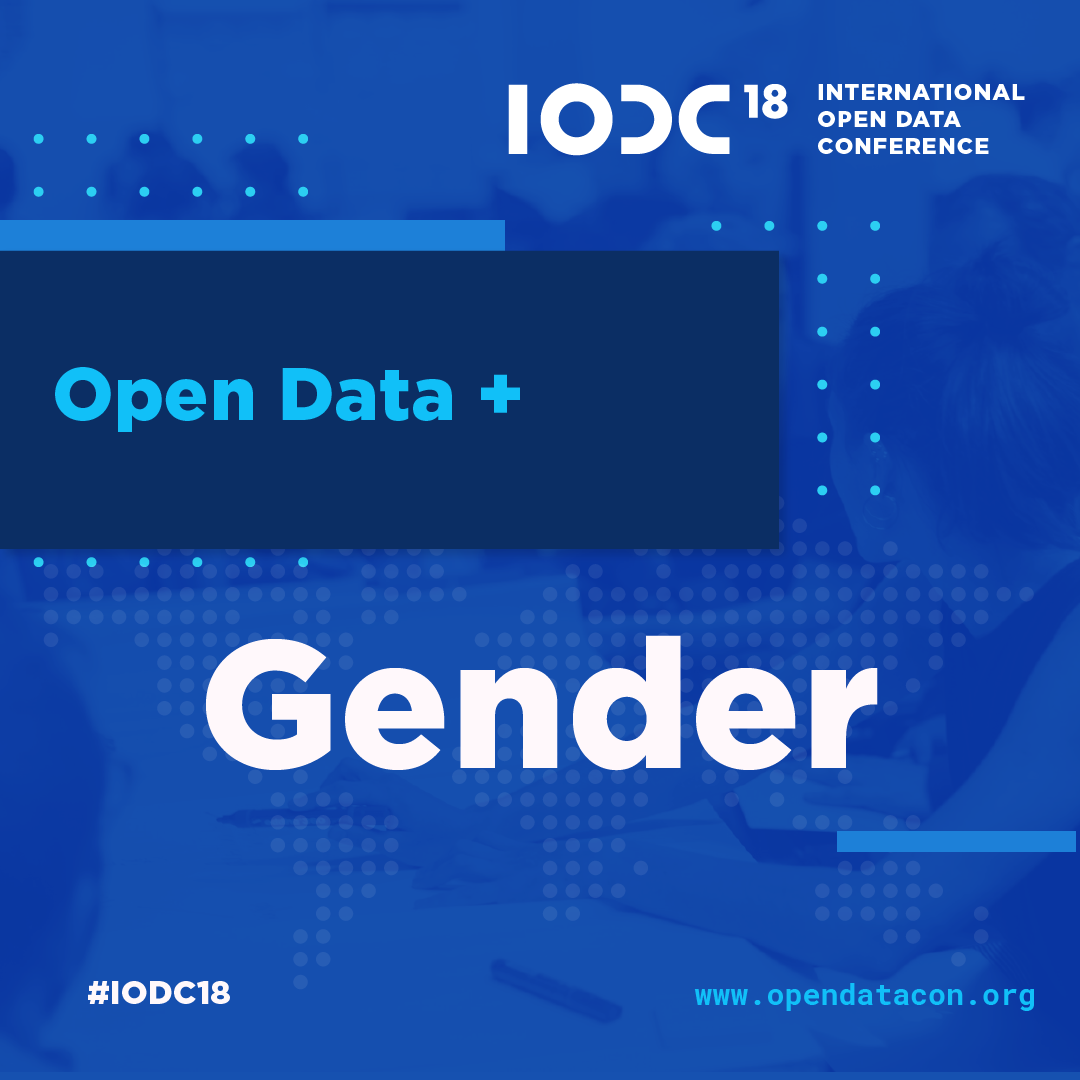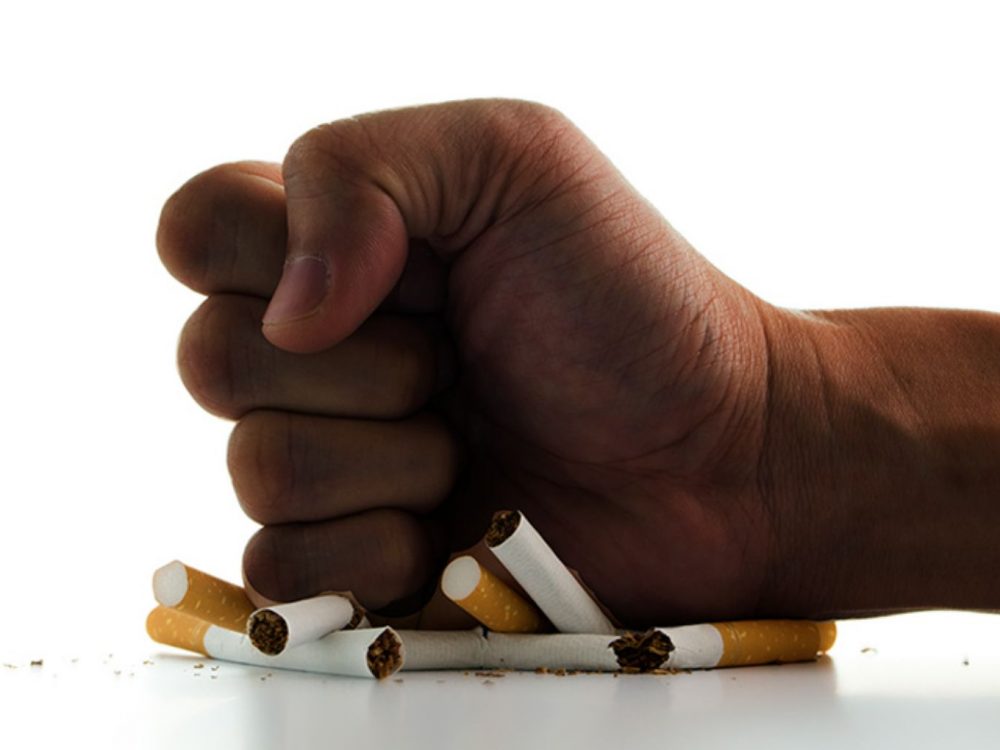Unlocking Gender Data: Ensuring the Future Is Open for All

“The Future is Open” is this year’s IODC theme, with the conference focusing on innovative solutions and opportunities for collaboration to inspire real progress in the years ahead. Critical to this progress is ensuring that data accurately reflects all citizens and their diversity of experiences, needs, barriers, and aspirations. But we know that open data continues to struggle to capture this for an entire half of the population: women.
When talking about how open data can support women, the conversation — and solution — defaults to gender-disaggregated data. And rightly so. We can only make women’s lives better if we accurately understand the issues and realities that disproportionately affect women (and men). Despite that, considerable gender data gaps remain, and women continue to be outnumbered in the open data community.
Why does this matter? Better gender data uncovers gaps and points us towards more effective solutions. A quick example: Gender-disaggregated data tells us that a woman is 50% less likely to be online than a man of her same education and income group. She is “almost as likely as men to own a mobile phone, but a third less likely than men of similar age, education level and economic status to use [her phone] to access the Internet.” With this information, we can dig further to understand why women use the Internet less — here, lack of digital know-how and high costs are the culprit — and ensure the digital components of a program meet the needs of all users. We can better address barriers and issues that matter to women: not only providing Internet access, but ensuring its cost is in line with what women can provide, and that women-centred design is used to build training programs, prioritising investments that low- income women will find most valuable.
This example underscores a second important point: gender data must beused to be truly transformative. Publishing a stellar data set on its own will not close gender gaps but using that information as the basis to improve policies, practices, platforms, and programming might. The future of open data rests on not only collecting timely, reliable information by and about women, but making sure that our policymakers and business leaders areactively using that data to eliminate barriers and enhance access for women whether in healthcare, technology, employment opportunities, or civic participation. We need to ensure more women are getting — and staying — involved in open data, and that we’re analyzing and sharing data in compelling ways, both in person and online.
One avenue for scaling the use of gender data in decision-making is through OGP action plans, where gender is largely absent from current open data commitments. This is a major priority for OGP, and work has already startedto support participating governments and NGO partners to streamline gender into open government commitments as well as co-creation and implementation processes. We need more reforms like those in Bojonegoro, Indonesia, where commitments build on an existing women-led community movement to collect and share previously untapped village-level demographic and service data so that it can feed into better government service delivery and policy making.
When we’re able to measure gender-based social and economic differences and incorporate that data into our learning, we can enhance gender-sensitive decision-making to ensure that as we continue pursuing the data revolution, we’re truly leaving no one behind. Using comprehensive gender data and evidence-based interventions, we are likely to uncover the kind of innovative solutions and collaborative opportunities that all IODC attendees seek.

So what action are we taking?
This month, Open Heroines, with support from the William & Flora Hewlett Foundation, is sending driven, change-making women to join us at IODC in Buenos Aires, Argentina. While there, we’ll engage in gender-focused sessions and opportunities organized by the Open Heroines network, which will host a full day of pre-event on gender and data. The Open Heroines Do-A-Thonwill take place on September 25th, working together on projects centered on gender data, and collaborating both in-person and remotely with peers to drive action around gender equality in open data.
The Do-A-Thon will allow people with different perspectives and skill sets to work together on the gender data problems that matter most to them. Throughout the day and the entire IODC conference, we’ll meet and collaborate with other actors also looking to get involved in the open spaces who are are prioritizing women and girls in open data programming.
Want to make sure “The Future is Open”? Join us at the Do-A-Thon in Argentina (or online!) to identify innovative solutions to pressing gender data problems. In addition, don’t miss our IODC Gender Spotlight session or sessions featuring members of the Open Heroines network on topics like what open data means for women and digital equality.
Image: HitRecord
Share This Post
Related from our library

The Cancer-Tobacco Link: Using Data to Drive Stronger Tobacco Control Policies
As we observe World Cancer Day today, it is crucial to recognize the significant role smoking plays in the global cancer epidemic. Tobacco use is the leading preventable cause of cancer and cancer-related deaths worldwide, necessitating a dynamic, multidisciplinary approach to tobacco control interventions. DG’s Tobacco Control Data Initiative (TCDI) contains country-specific websites designed to

How Useful Is AI for Development? Three Key Lessons
The development world is buzzing with excitement over the idea that new and emerging applications of AI can supercharge economic growth, accelerate climate change mitigation, reduce inequalities, and more. But what does this look like in real life?

The Future of Technology Governance and Global Development: Why DG Brought DataReady In-house
DG is excited to announce we now have more robust data governance advisory services with the recent integration of DataReady.